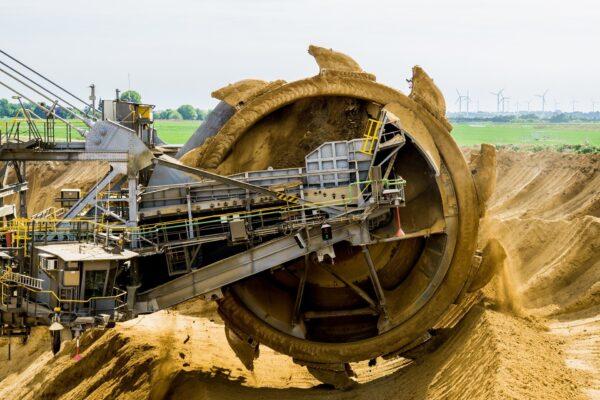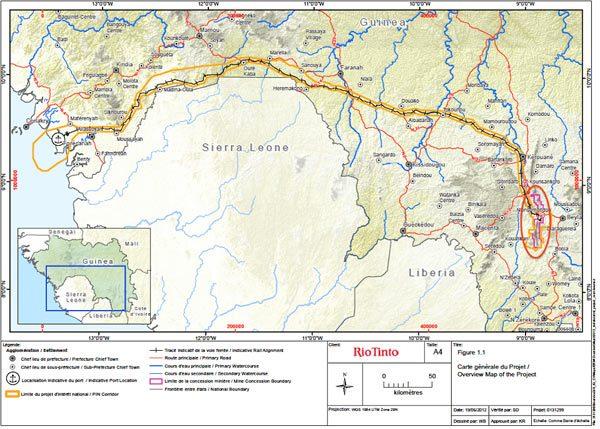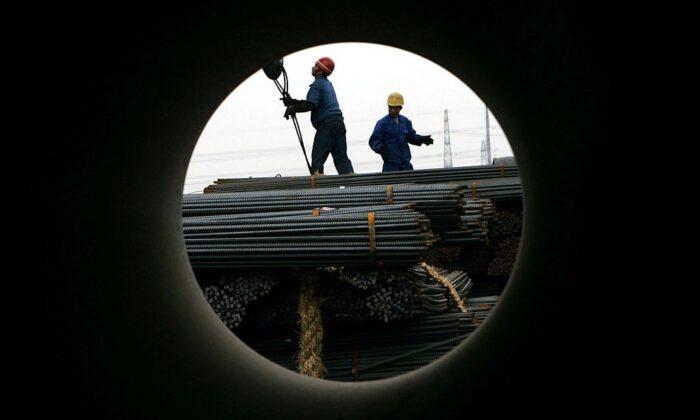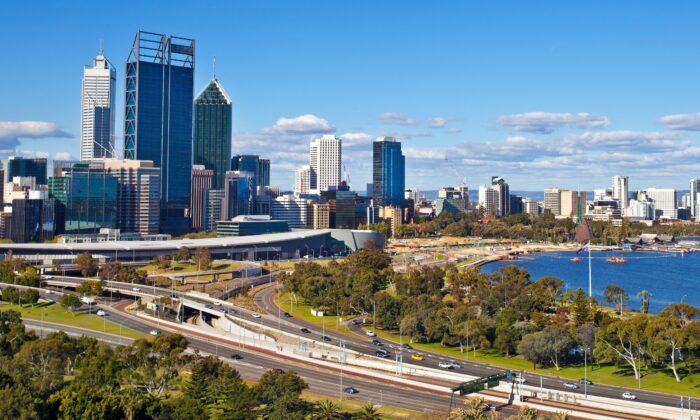China’s plan to diversify iron ore supply could see Australia’s mining-dependent economy take a toll or force the nation to sell its abundant supply elsewhere.
The move comes amid a campaign of economic coercion by Beijing which has imposed trade sanctions on Australian coal, wine, barley, beef, lobster, timber, cotton, and potentially grapes.
Despite this, ABS data has shown that in 2019-20, Australia’s entire goods trade saw $380 billion (US$300 billion) worth of exports, with a substantial $84 billion, or 22 percent, solely in iron ore shipped to China.
Further analysis by Deloitte Access Economics revealed that the mining industry paid $39.9 billion in company tax and royalties in 2019-20, with a total of $238.8 billion paid in the 10 years leading up to 2019-20.
On the China front, according to banking group UBS, 61 percent of its iron ore imports was sourced from Australia in 2020.

Though metalliferous exports have boomed as a result of China’s seemingly unquenchable demand, the security of Australia’s minerals industry might not lie on the same path of prosperity indefinitely.
Jin Xiandong, director of policy research at the CCP’s National Development and Reform Commission, unveiled an ongoing plan to explore domestic and international markets in a bid to expand away from Australia.
“From a domestic perspective, we will intensify the exploration and development of iron ore resources,” Jin told reporters on May 18.
“Internationally, we will give full responsibility to enterprises and encourage qualified organisations to actively and steadily develop overseas iron ore resources,” he said.
The global push for new sprouts of iron ore supply has been evidenced by China’s targeting of mines in Africa, including an $18 billion investment in obtaining the mining rights for a gigantic mine in Guinea, estimated to hold more than 2.25 billion tonnes of the mineral resource.
It also includes the sudden transfer of rights from Australian mining firms in the Republic of Congo to the alleged state-controlled entity Sangha mining, as well as the acquisition of a mine in Sierra Leone—the second-largest iron ore mine in Africa.
China’s growing stranglehold on African iron ore mines continues alongside its considerable influence on the continent through years of money lending and debt-trap diplomacy.

Back in Australia, the federal budget released in May positioned the mineral trade at the core of its economic recovery, with the budget relying heavily on rising demand—and rising cost—of metalliferous ores, such as iron.
Surpassing an unprecedented US$200 per tonne, the budget had wagered iron ore as a key player in Australia’s post-pandemic recovery, allocating billions across most sectors of society manifesting in the form of tax breaks, job training programs, and boosting of critical services.
The potential dispossession of Australia’s largest partner could force greater debt on the nation—a debt that is already encroaching the $1 trillion mark.
In particular, Western Australia—Australia’s primary producer of iron ore, shipping 709 million tonnes to China in 2019-20 and generating $2.3 billion in royalties alone—could be set to lose its most significant source of revenue.
Despite a global landscape imbued with ever-growing debt, Western Australia’s minerals trade with China has teed up the state for a strong recovery and is set to deliver a budget surplus of around $5 billion for 2020-21, ABC reported.
Western Australia Premier Mark McGowan has recognised the economic benefit stemming from trade with China and recently welcomed the new Consul-General to the state’s capital, Perth.
However, China’s diversification plan could cost the state, which relies heavily on its export, or force Western Australia to look elsewhere for partners willing to trade for one of its most abundant resources.






Friends Read Free